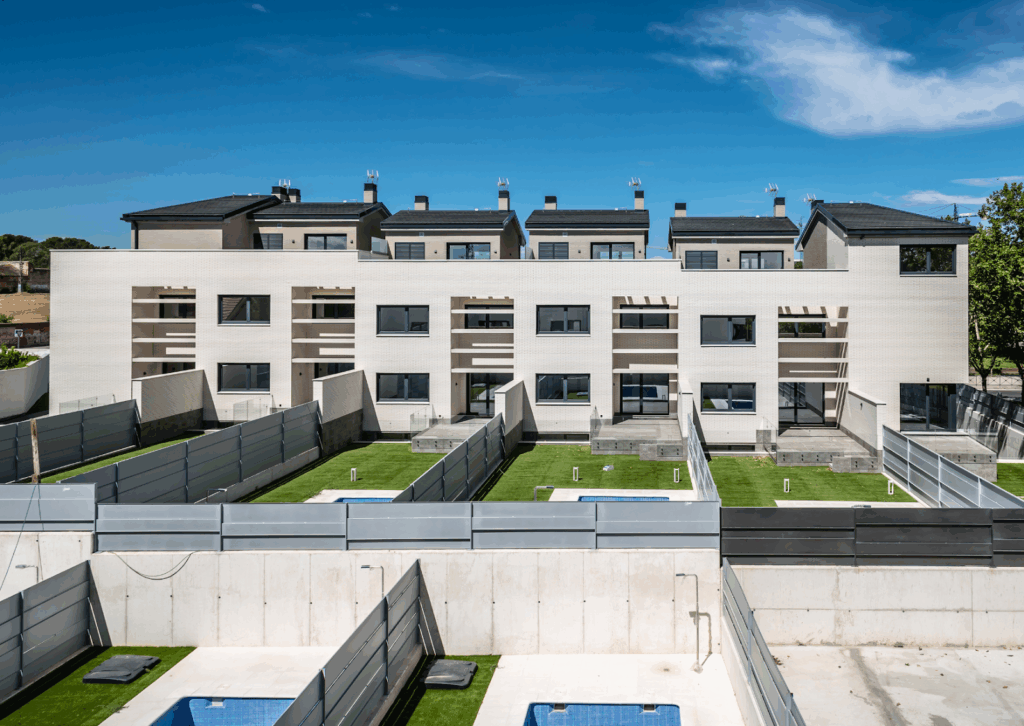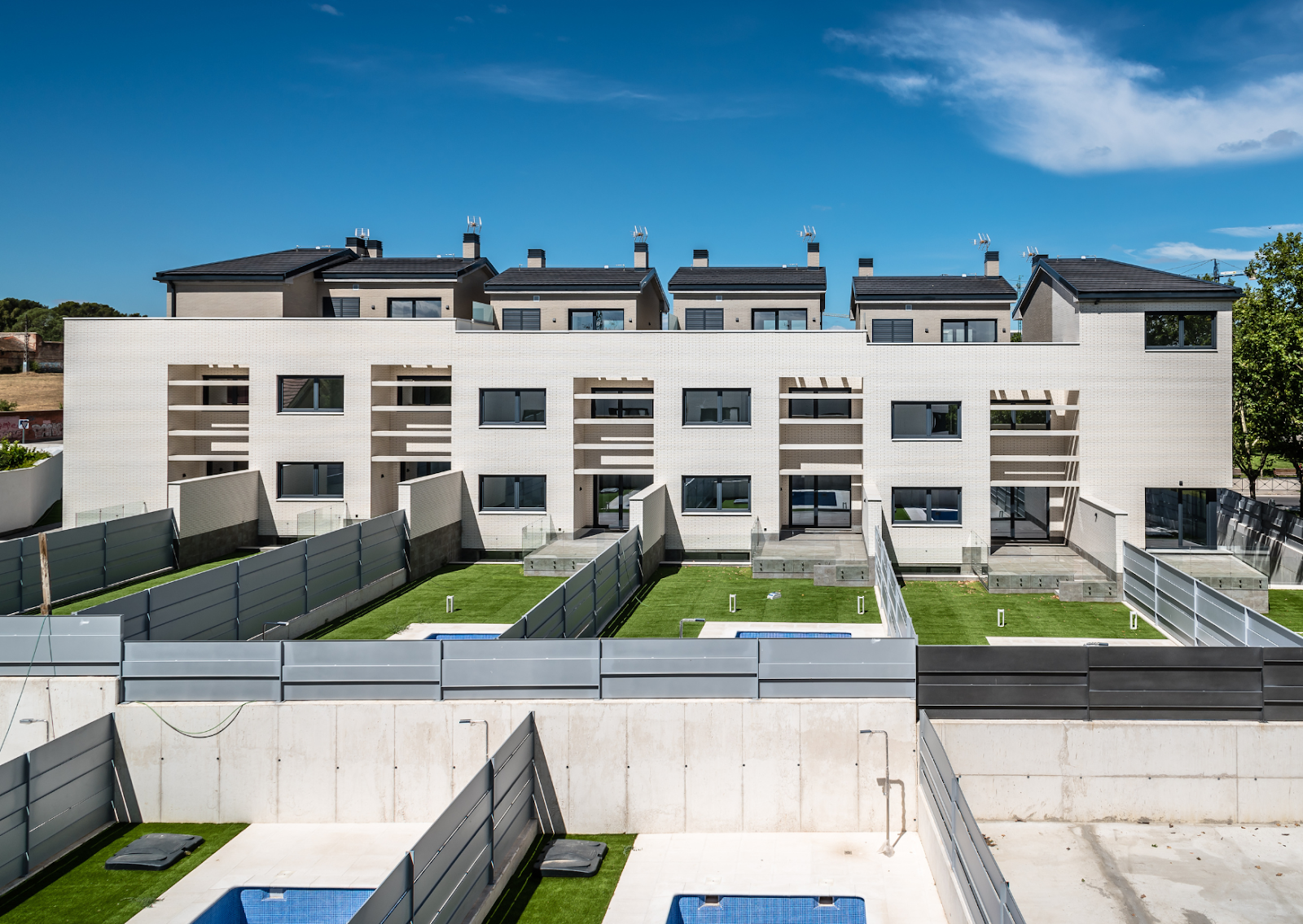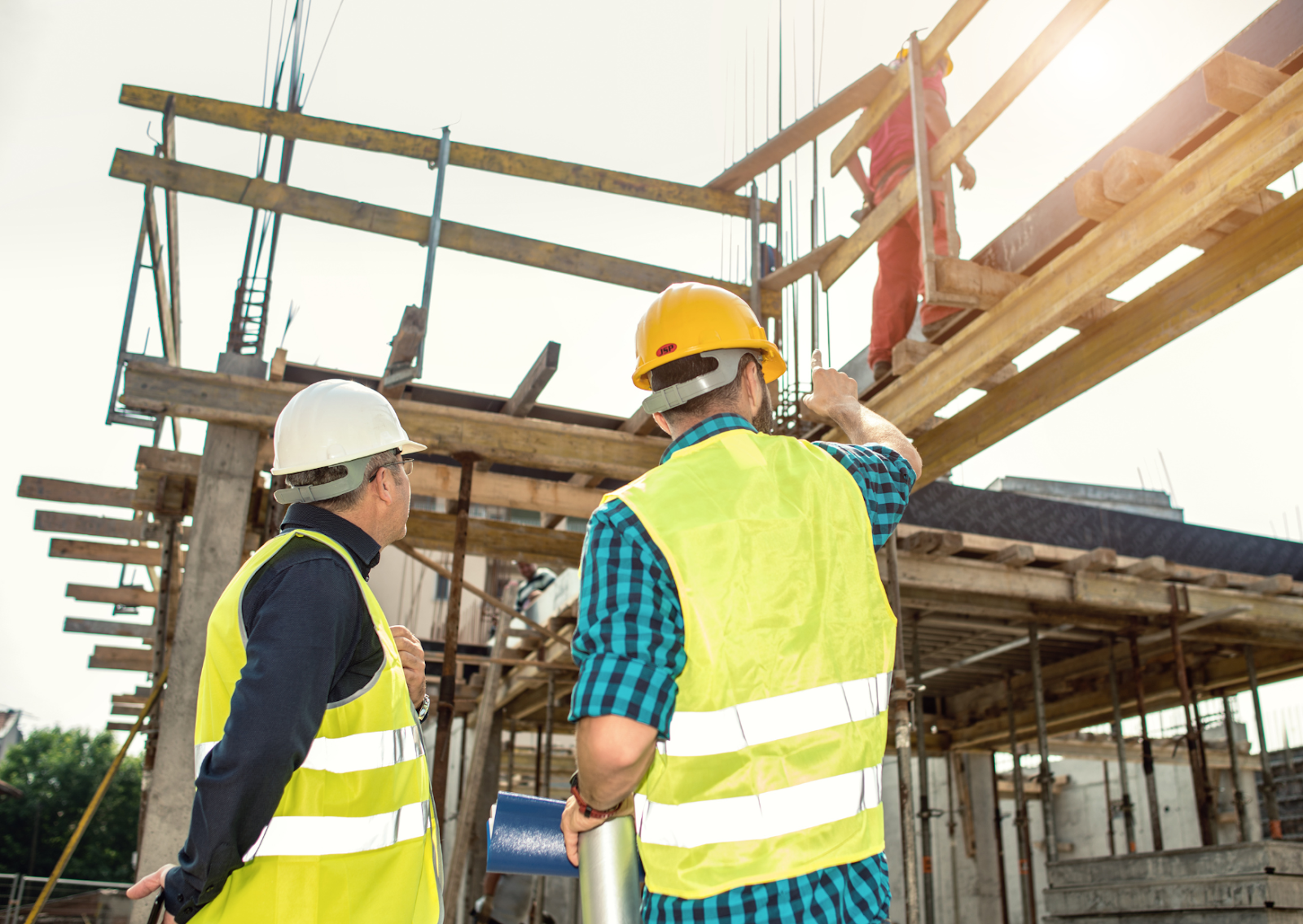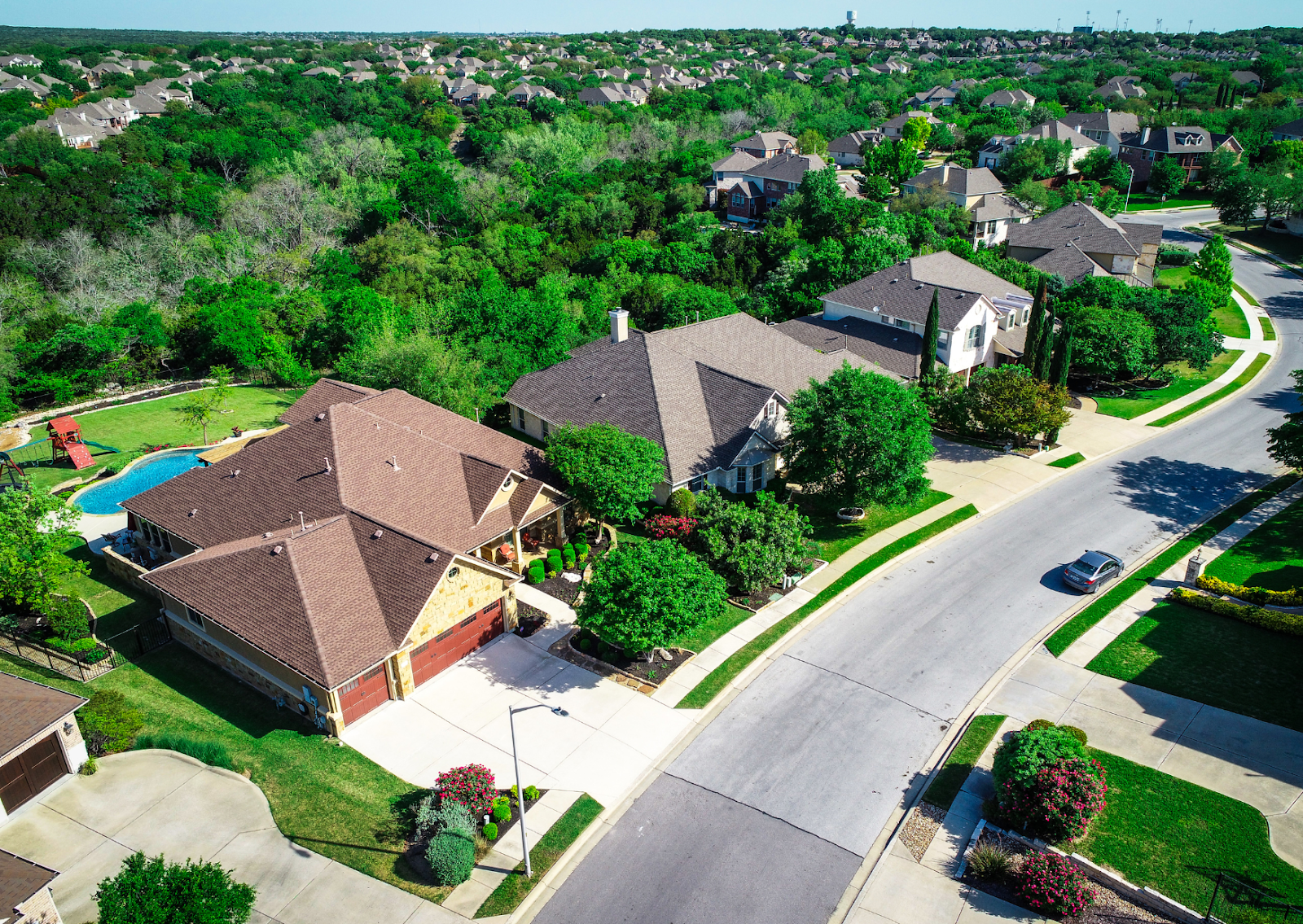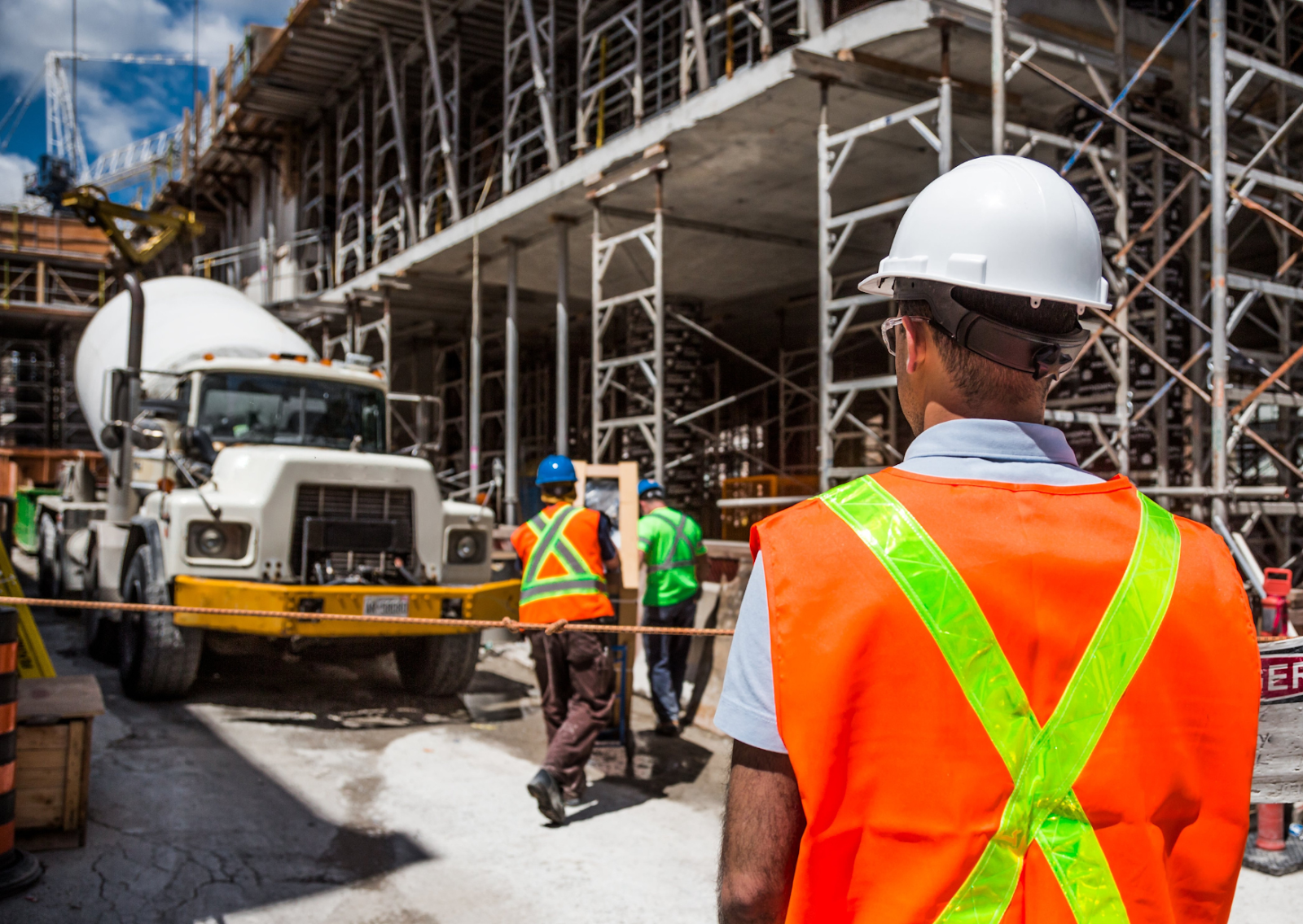What Is the Core Responsibility of a Residential Developer?
A residential developer is responsible for transforming raw land into thriving neighborhoods, housing communities, or multi-unit complexes. This transformation involves a wide range of tasks, from identifying the right land and conducting feasibility studies to navigating legal processes and overseeing the physical construction. A successful residential developer must blend vision, financial insight, and strategic execution to bring projects to life.
This role requires deep knowledge of the real estate market, zoning regulations, the construction process, and effective project management. Whether working on a suburban housing development or a residential rental complex in an urban area, the developer sets the tone, pace, and ultimate success of the project.
How Does the Development Process Begin for Residential Projects?
The journey of residential development starts long before any construction equipment reaches the site. Developers begin by scouting suitable land, often with the help of a broker, who understands zoning and local market dynamics. Once land is identified, due diligence is conducted to analyze:
- Zoning laws and building codes
- Environmental concerns
- Market demand for residential housing
- Potential return on investment
This early stage also involves conducting feasibility studies and securing necessary financing, often through bank loans or private investment. The developer’s ability to anticipate obstacles and align the project with both market trends and community needs is key.
What Happens During the Planning and Design Phase?
After acquiring the land and confirming viability, the next step is planning the layout, amenities, and architectural design of the residential project. This is one of the most creative stages for any real estate developer. It involves collaborating with architects, engineers, and consultants to ensure the plans reflect both the vision and the practical requirements of the development.
Key planning tasks include:
- Submitting site plans for approval
- Working with local authorities for permits
- Designing infrastructure like roads, drainage, and power supply
- Ensuring compliance with building regulations and environmental guidelines
During this phase, the residential developer also works with a real estate broker to ensure the planned units meet market demand—whether for residential rental or purchase.
How Does a Real Estate Developer Secure Financing and Manage Risk?
No residential project can proceed without a solid financial plan. Developers typically secure funding through a mix of personal investment, bank loans, and sometimes corporate partnerships. They may also use project-specific loans tied to the land or future revenue from pre-sold units.
Risk management is central to the financing stage. Developers must account for:
- Fluctuations in construction costs
- Interest rate changes on loans or mortgages
- Delays in permitting or material availability
- Unexpected regulatory hurdles
Smart financial structuring and ongoing project management allow the developer to keep costs in check and maintain investor confidence.
What Is the Developer’s Role During the Construction Process?
While contractors handle the physical building of residential projects, the developer plays a critical oversight role. They are involved in setting timelines, managing subcontractors, resolving logistical challenges, and ensuring the construction process stays on budget.
Responsibilities during construction include:
- Coordinating with general contractors
- Managing communication between stakeholders
- Overseeing quality control and safety standards
- Adjusting project timelines or budgets as needed
At this stage, the project show really begins—visible progress is made, and the once-empty land starts taking shape into a real estate development.
How Important Is Project Management in Residential Development?
Project management is where successful estate developers truly shine. Managing multiple moving parts—land acquisition, design, permits, financing, and construction—requires a high level of coordination. Residential developers often use dedicated software and professional teams to oversee daily operations and long-term goals.
Key project management responsibilities include:
- Scheduling and timeline tracking
- Budget management
- Vendor coordination
- Quality assurance
- Stakeholder reporting
Poor project management can derail even the most promising residential projects. That’s why companies like MID Construction Group offer full-service support, ensuring clients have an experienced team that can deliver from concept to completion.
What Role Does Networking Play in the Success of Real Estate Developers?
In the real estate world, who you know is often just as important as what you know. Networking helps residential developers connect with:
- Local brokers for land opportunities
- Municipal officials for zoning approvals
- Financial institutions for loans
- Contractors and suppliers for building materials
- Future buyers and tenants
By building strong relationships, developers gain access to better deals, smoother permitting processes, and faster turnaround times. Networking also enhances credibility in the community, which is crucial when taking on large-scale residential development.
How Do Residential Developers Market and Sell Their Projects?
Once construction nears completion, developers shift focus to marketing and sales. Depending on the business model, the project may be sold to individual homeowners, rented out as residential rental units, or sold to an investment firm.
Typical sales and marketing strategies include:
- Collaborating with a broker to list homes
- Hosting open houses and community tours
- Launching digital marketing campaigns
- Offering incentives like low down payments or furnished units
The goal is to generate interest early—ideally pre-selling or pre-leasing units to ensure a faster return on investment.
How Do Real Estate Developers Deliver Long-Term Value to Communities?
Beyond profit, a successful residential developer contributes to the quality and livability of a community. Thoughtfully planned residential developments improve access to housing, promote safety, and support local infrastructure.
By working with partners like MID Construction Group, developers can ensure that projects are completed efficiently, sustainably, and in alignment with community needs. These efforts lead to:
- Improved property values in surrounding areas
- Safer, more functional public spaces
- Increased availability of diverse housing options
- Long-term job creation through construction and property management
The best residential projects go beyond buildings—they foster places where people want to live, grow, and belong.
Why Should You Partner with a Trusted Development Firm?
When undertaking any property development—especially one involving multiple phases, financial investments, and community impact—working with the right team makes all the difference.
Whether you’re a landowner, investor, or someone looking to bring a new residential community to life, MID Construction Group offers the experience, resources, and in-house expertise to guide your project from concept to completion. From managing the construction process to securing permits and aligning with market demands, they deliver reliable results that stand the test of time. Contact now!
Final Thoughts
A residential developer plays an essential role in shaping where and how we live. They take a vision—an empty parcel of land—and turn it into a space filled with homes, community, and opportunity. From planning and financing to construction and sales, each stage of the development process requires skill, coordination, and foresight.
As urban areas expand and housing demand increases, the importance of both the residential developer and the real estate developers continue to grow. These professionals are not just builders—they are community creators. If you’re considering launching a residential project, partnering with a reputable firm like MID Construction Group ensures you have the right team by your side every step of the way.
Works Cited
“Development.” MID Construction Group, https://midconstruction.com/services/development/. Accessed 17 July 2025.
“Project Management for Construction.” Project Management Institute, https://www.pmi.org/. Accessed 17 July 2025.
“Real Estate Development Guide.” Urban Land Institute, https://uli.org/. Accessed 17 July 2025.
“Residential Development Process.” National Association of Home Builders, https://www.nahb.org/. Accessed 17 July 2025.
“Zoning and Land Use Regulations.” U.S. Department of Housing and Urban Development, https://www.hud.gov/. Accessed 17 July 2025.
Frequently Asked Questions
1. What does a residential developer do?
A residential developer oversees the entire process of transforming land into residential communities. This includes acquiring land, securing permits, planning the site, coordinating design and construction teams, managing budgets and timelines, and ultimately delivering homes or residential rental units to the market.
2. How do residential developers choose the right land for a project?
They assess multiple factors such as zoning regulations, environmental impact, market demand, proximity to infrastructure, and return on investment. A broker may assist in identifying suitable sites that align with long-term development goals.
3. Why is project management important in residential development?
Effective project management ensures that the development process stays on schedule, within budget, and meets quality standards. Developers must coordinate with contractors, monitor progress, adjust for challenges, and keep all stakeholders informed.
4. How do developers finance their residential projects?
Most developers use a mix of personal equity, construction loans, mortgages, and sometimes corporate investments. Proper financial planning helps manage risk and secure enough capital to complete the development.
5. Why should I partner with an experienced development company like MID Construction Group?
Partnering with a firm like MID Construction Group provides you with an in-house team of professionals who handle every stage of your project—from initial concept and land acquisition to permitting, construction, and delivery—ensuring efficiency, quality, and a strong return on investment.

